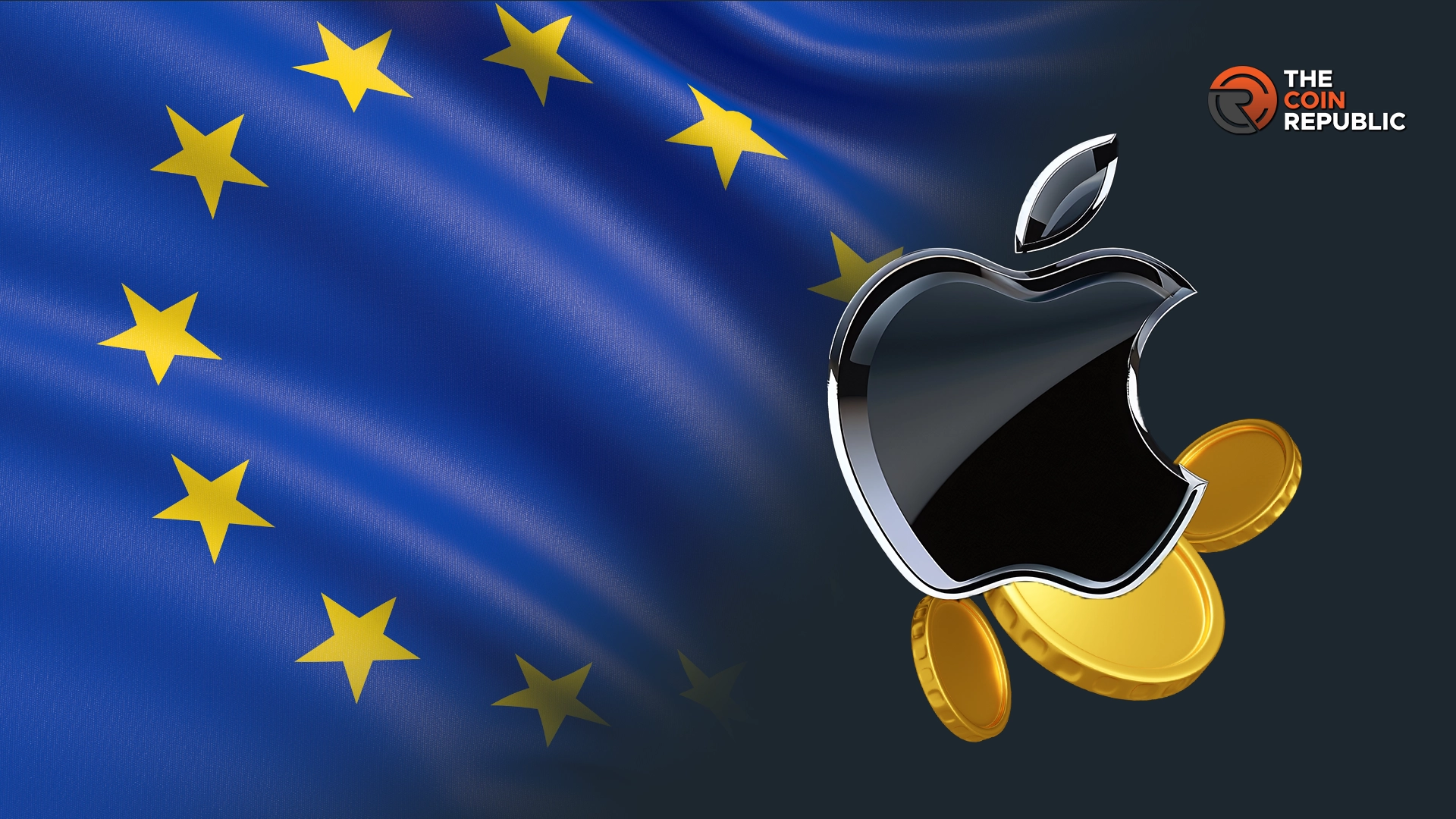The European Commission recently opened two proceedings to enforce Apple’s compliance with interoperability regulations set out by the Digital Markets Act (DMA).
The aim is to force Apple to allow third-party apps on its iOS and iPadOS, its mobile operating systems. This regulatory action is part of a larger effort to promote market vibrancy in the digital services space, especially including Apple.
Focus on iOS Device Interoperability
The first claim is related to the iOS connectivity options that are crucial for connected accessories such as smartwatches, headphones, and VR headsets. These devices depend on maximum compatibility with iPhones and other gadgets.
The Commission wants to understand how the company will guarantee interactions between devices such as device pairing, notifications, and connectivity. The company’s grip on its ecosystem has always been a topic of discussion for a while now.
It has been said that with such a policy Apple can prevent competition and hinder development. Apple will be required to implement certain steps. Set by the Commission, they’re a way to ensure that it complies with the DMA to protect developers and businesses. The trial is expected to last for six months after which the proceedings will be concluded.
Apple to Provide Fair Access For Developers and Businesses
The second action involves Apple’s actions concerning the interoperability demands from third-party developers and businesses. The Commission would like to make sure that the process through which Apple approves applications for getting access to its ecosystem is clear, efficient, and non-biased.
This will help the developers to come up with new products and services and include them in Apple’s products without much rigor. This process helps Apple in the development of innovation especially in areas such as artificial intelligence (AI) and web 3.0.
If the Commission concludes that Apple has engaged in restriction or anti-competitive activities then the later will need to pay penalty. It is therefore crucial to ensure there is equity in access to technology. This includes new technologies such as artificial intelligence and blockchain.
The European Commission will make known the measures that Apple has to adopt once the trial is over. If the company does not adhere to the requirements of the DMA, it may need to pay penalties of up to 10% of its worldwide turnover within a year.
The DMA’s sanctioning framework is supposed to prevent digital giants such as Apple from engaging in anticompetitive practices. Besides these actions, the Commission will also keep on supervising Apple’s compliance with the DMA. This involves guaranteeing that the App Store and iOS are not used to eliminate competition.
Impact on AI Coins and Web3 Projects
Apple and other technology-oriented companies experience increased regulation. Many sectors of the digital economy are expanding, including artificial intelligence and Web 3. The focus on interoperability may have implications for improving AI development in the DMA.
It also means that if Apple would open its ecosystem it could let AI developers make their technologies combine their solutions with Apple’s hardware and software more easily. However, AI coins such as Bittensor (TAO) have been trading in the green zone in the last 24 hours. It was trading at a price of $371.06, and at $370.98 in the past week.
$TAO price has increased by 3.27% as per the writing time. By requiring Apple to open up its iOS and iPadOS platforms, the Commission aims to create a more competitive and fair digital market.









